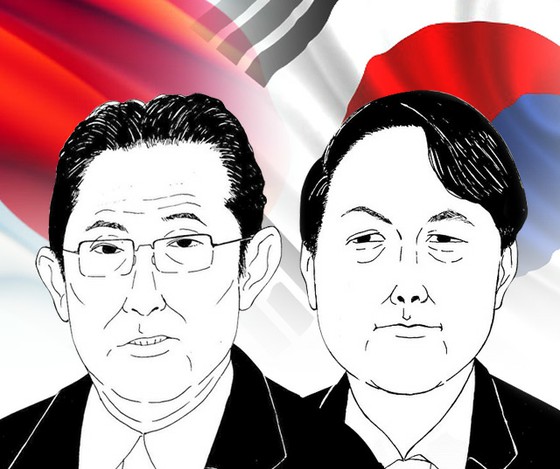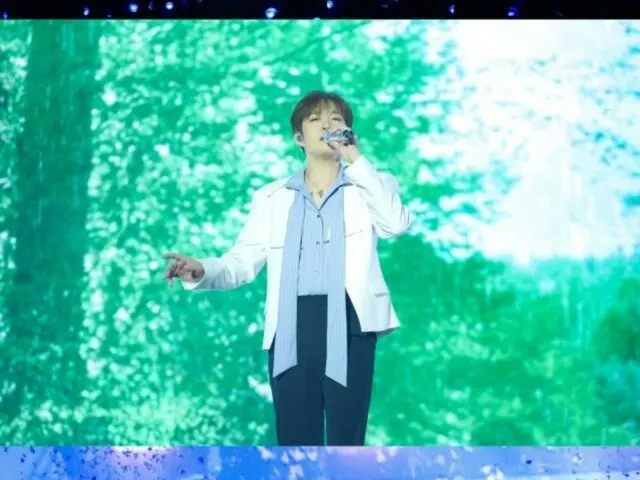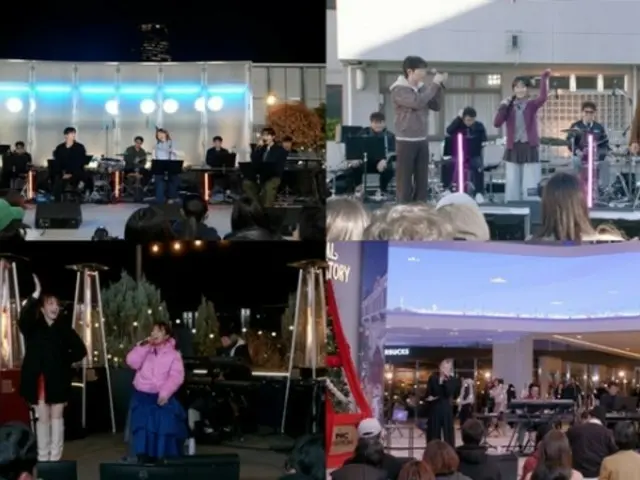 |
In April 2021, the Japanese government made a Cabinet decision to release treated water from the Fukushima Daiichi Nuclear Power Plant into the ocean. At the time, the South Korean government criticized the move, saying, "It is regrettable that the Japanese side made a unilateral decision without prior consultation from the Japanese government." Also, most of the Korean media reported critically on the policy of the Japanese government. A related article described the treated water as "contaminated water." There was also strong opposition from fishing-related groups. South Korean seafood producers were also accused of misrepresenting Japanese seafood as being distributed in South Korea. The Japanese government and TEPCO have repeatedly emphasized safety, but the South Korean government has stated that the release of treated water into the ocean "must be conducted in a rational and transparent manner according to scientific and objective grounds." there is
Amid South Korea's concerns about the release, a joint research team from the Korea Institute of Ocean Technology and the Korea Atomic Energy Research Institute last month held an academic conference of the Korean Society for Disaster Prevention held on Jeju Island in the south of the country. announced the results of a simulation of how The conclusion was drawn that there would be no significant impact if released into the ocean. This was the first time that South Korean national research institutes had jointly announced the results of a simulation on the impact of the sea discharge of treated water from the Fukushima Daiichi Nuclear Power Plant into South Korea.
According to it, most of the tritium in the treated water released off the coast of Fukushima Prefecture, which lies east of Japan, moves eastward due to the strong Kuroshio current, and spreads throughout the North Pacific while moving to the west coast of the United States. The influx into the Korean Peninsula advances slowly due to weak ocean currents. It was estimated that tritium would flow into the Cheju Island waters 4-5 years after the release began. Despite the fact that the Korean Peninsula is close to Japan, it takes longer than the Pacific coast to be affected by the treated water that has been released. The Korean Peninsula is located on the west side of Japan, and it enters the sphere of influence after spreading to the Pacific Ocean side to some extent. Assuming that Japan releases treated water containing up to 22 terabecquerels (tera is 1 trillion) of tritium per year for 10 years, the concentration of tritium flowing into Korean waters will be around 0.001 becquerels per cubic meter after 10 years. become. This is 1/100,000th of the current average tritium concentration of 172 becquerels per cubic meter in South Korean waters, and is "so low that it is difficult to detect."
However, even with this result, there are still strong voices of concern in South Korea.
On the other hand, when Prime Minister Kishida visited Fukushima Prefecture on the 11th of this month, the 12th anniversary of the Great East Japan Earthquake, Governor Masao Uchibori stated, I would like you to work on building a stronger relationship." In response, Prime Minister Kishida is said to have said, "I will do my best to deal with such issues, as diplomacy is important right now."
The Japan-South Korea summit will be held on the 16th. President Yoon, who has expressed his desire to improve relations between Japan and South Korea, is also concerned about the release of treated water into the ocean. objective and objective verification." As the time limit for the release into the ocean approaches, it will be interesting to see if this will be brought up as an agenda item at the summit meeting.
2023/03/20 13:27 KST


